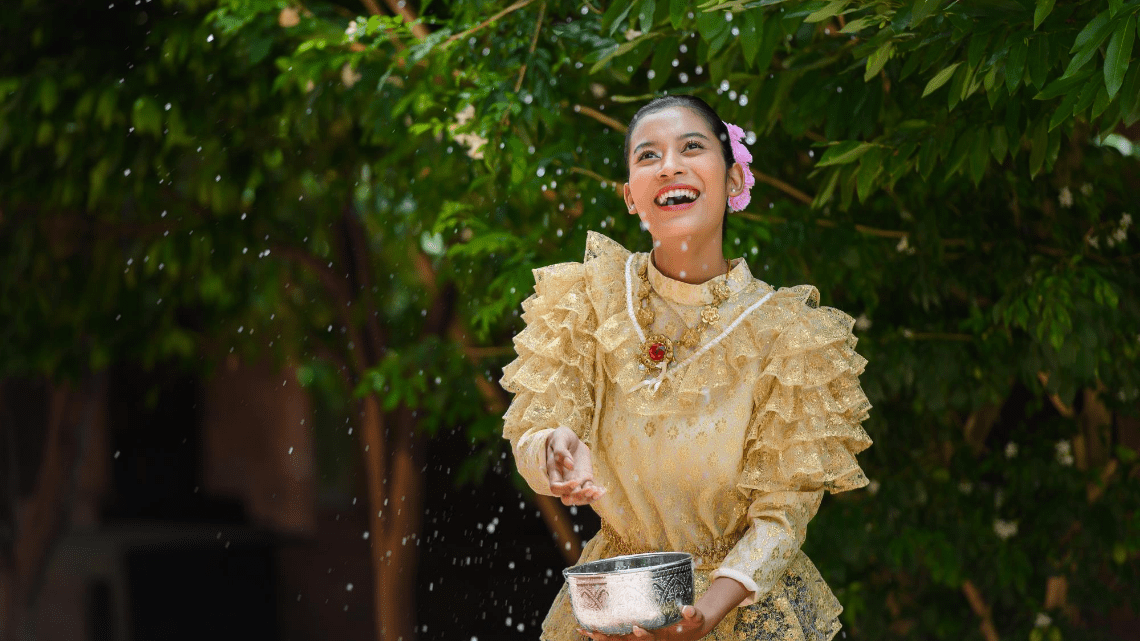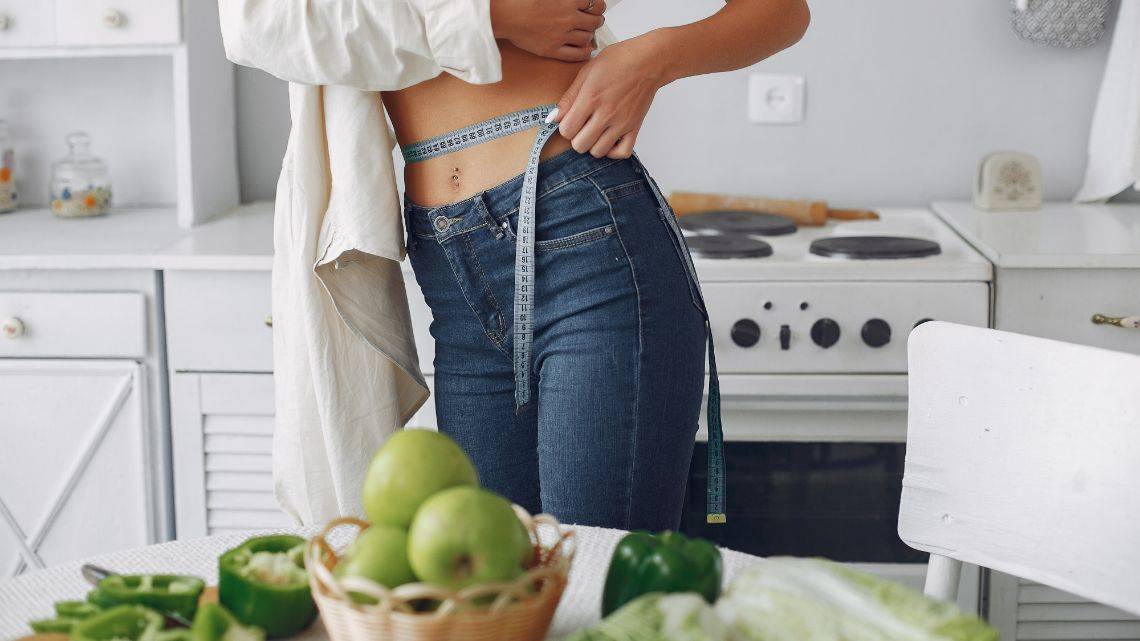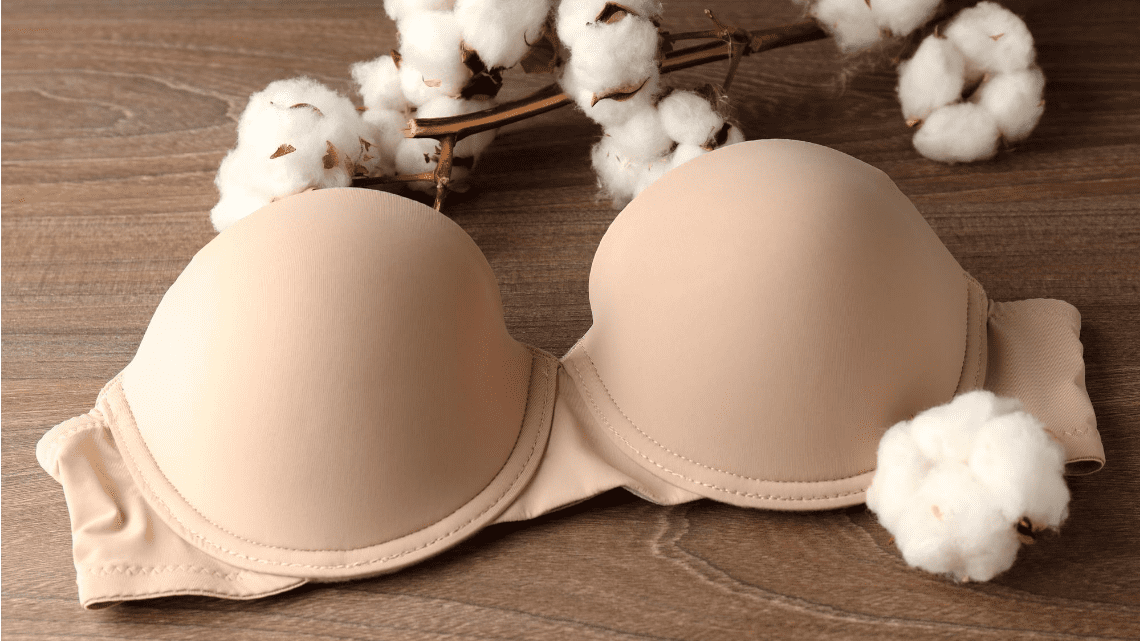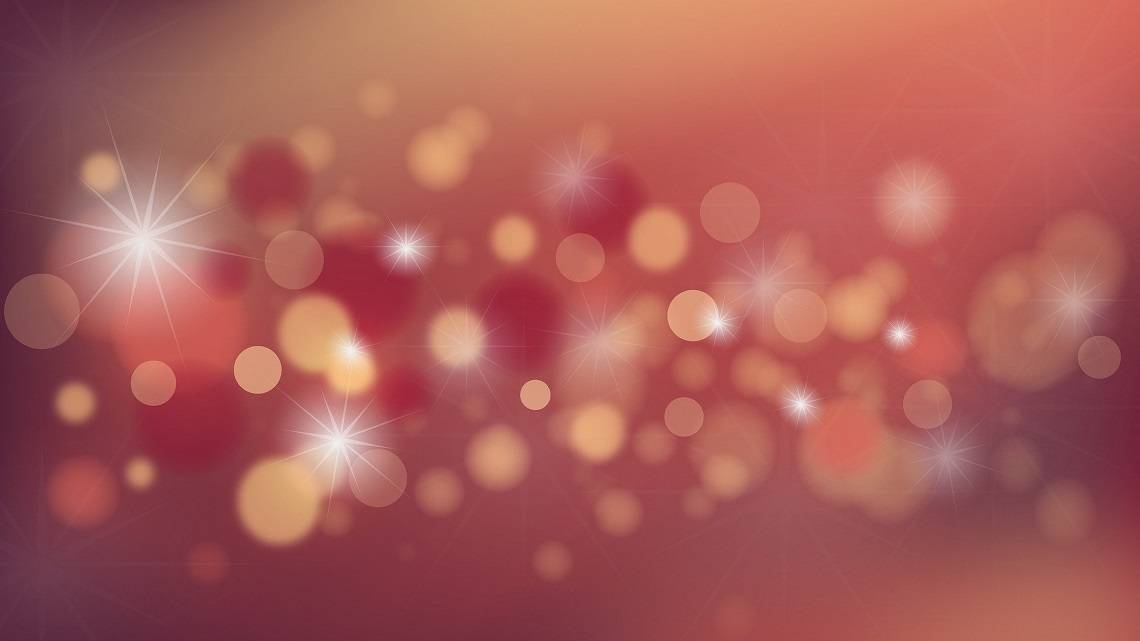The New Years Celebration that leaves you feeling like a little kid again!
WHAT IS SONGKRAN FESTIVAL?
Songkran Festival is celebrated in Thailand as the traditional New Year’s Day from 13 to 15 April. Before Thailand adopted the international New Year’s Day in 1940, Songkran was calculated based on the solar calendar, which varied from one year to the next. The word “Songkran” comes from the Sanskrit word saṃkrānti, literally “astrological passage”, meaning transformation or change. Songkran is the occasion for family re-unions, temple visits and annual house cleaning. Many Thais observe the holidays by spending time with families and friends. Traditionally, Thais perform the Rod Nam Dum Hua ritual on the first day of Songkran, which is officially the National Elderly Day. During the ritual, young people would pour fragrant water into the elders’ palms as a gesture of humility and to ask for their blessings.
The second day of Songkran is officially the National Family Day. Families would wake up early and give alms to the monks, then ideally the rest of the day would be spent sharing quality family time together. An important religious ritual on Songkran is ‘Bathing the Buddha image’, in which devout Buddhists pour fragrant water over Buddha statues both at the temple and at home. More religious Thais would engage themselves in Buddhist ceremonies and merit-making activities throughout the holidays.
WHY ALL THE WATER?
Contradictory to what you may have witnessed throughout Songkran, fun-loving Thais don’t just throw water at each other for no good reason (besides having a kick out of seeing other people soaking wet). The real meaning behind the splashes is to symbolically wash off all misfortunes in the past year, thus welcoming the new year with a fresh new start.
Traditionally, Thais would politely pour a bowl of water on members of the family, their close friends and neighbours. As Songkran has taken a more festive note, a bowl becomes a bucket, garden hose and water guns, and the spirit of holiday merriment is shared amongst all town residents and tourists alike.
MAKING MERIT
Making merit is an essential part of Songkran, and visiting nine sacred temples during Songkran considered one of the ultimate accumulators. Try temples in the Rattanokosin area like Wat Pho, Wat Phra Kaeo, Wat Suthat Thepphawararam, Wat Chana Songkhram, Wat Boworn, Wat Benchamabophit, Wat Rakhang Khositaram, Wat Arun and Wat Kanlaya.
WHAT TO DO DURING SONGKRAN
- Do give alms and make merit (or just witness the rituals if you are not a Buddhist)
- Do use waterproof bags to protect your valuables
- Do watch your belongings
- Do use public transportation if you are heading to one of Songkran ‘hotspots’, as traffic will be paralysed
- Do try wishing the locals a happy new year in Thai – “Sawasdee Pee Mai!”
- Do smile and have fun
WHAT NOT TO DO DURING SONGKRAN
- Do not douse monks, babies or the elderly
- Do not throw water with ice or dirty water
- Do not throw water at motorcyclists, to prevent road accidents
ONE LAST THING IF YOU’VE HAD SURGERY…
Your surgeon isn’t the fun police, however – they do want you to be mindful that you have fresh wounds from your surgery. So unfortunately this mean you won’t be able to douse yourself in water, especially if your surgeon prefers non-waterproof bandages.
WHERE TO CELEBRATE
Ask your hotel concierge for the best places near you to celebrate!





